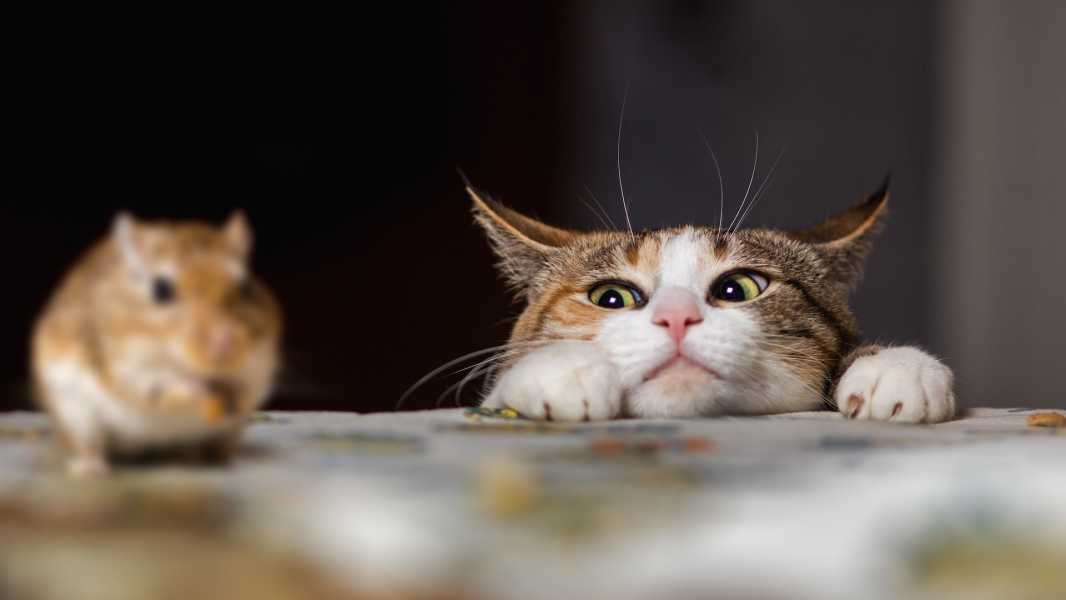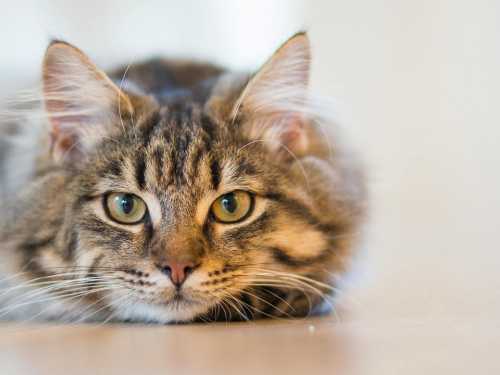
Domestic cats, especially those that have the opportunity to spend time outdoors, sometimes bring dead animals home to their owners. (Photo by zsv3207 via Getty Images)
If you let your cat outside, it may come home with an unexpected surprise, such as a dead bird or rodent in its mouth. This can be confusing for pet owners. After all, why would your cat kill an animal without eating it and then bring it back to you as a “gift”?
It’s not because you’re not feeding your furry friend enough. Instead, it’s rooted in your kitty’s evolutionary history. “Cats are natural predators,” says Dr. Stephanie Liff, a veterinarian and medical director of Pure Paws Veterinary Clinic in New York City. Even though cats were domesticated more than 10,000 years ago, modern house cats generally retain a hunting instinct. That means they have a desire to catch prey.
Emmanuelle Baudry, an urban ecologist at the University of Paris-Saclay, told Live Science that there are several theories about why cats bring home their prey. The leading hypothesis is that it’s a maternal behavior. In the wild, mother cats go out hunting and bring food to their kittens. Not only does this feed the young animals, it also gives them the opportunity to play, develop hunting skills, and recognize prey. So in the context of pet ownership, our cats may perceive us as “not very effective kittens,” Baudry said.
But that doesn’t mean your pet is putting you down. On the contrary: “It’s kind of a compliment,” Liff told Live Science. “They feel comfortable in their home. They see you as part of their family.”
Another theory, she says, is that cats may feel more secure when feeding their prey indoors rather than outdoors. They then view your home as a safe haven where they can retreat, hide their supplies, or eat in peace.
While some cats hunt constantly, others do so infrequently. Researchers have long noted this disparity among domestic cats. Three main factors appear to influence whether a cat hunts frequently: its personality, its environment and how its owners care for their pets, Beaudry said.
In a 2023 study published in the journal Ecology and Evolution, Beaudry and her colleagues looked at personality factors in detail. Their research found that cats that were dominant, aggressive, and active, as rated by their owners, brought home more dead animals. In contrast, cats that were shy and friendly toward their owners tended to bring home fewer kills.
The study, like other work, also found that how often a cat hunts depends on both its environment and the amount of time it spends outdoors. For example, a cat living in a rural area may have more space to roam and access to more prey than an urban cat, so urban pet owners may be exposed to fewer dead animals than rural owners.
Can you prevent them from bringing their prey home?
There are a few steps you can take to reduce the amount of unwanted gifts your cat gives you. “Simply limiting what they can catch can reduce this behavior,” Liff said. This means keeping your cat indoors or removing bird feeders from around your home. However, Liff noted that your cat’s hunting instinct should be met in other ways, such as providing toys for them to chase and attack.
Reducing the number of animals caught and killed by domestic cats also has a positive impact on the environment. Cats are one of the main causes of wildlife population declines; they kill billions of birds and mammals each year, even pushing some species to extinction on islands. Keeping cats indoors is also good for their health, Liff noted, since prey can carry parasites.
Sourse: www.livescience.com





